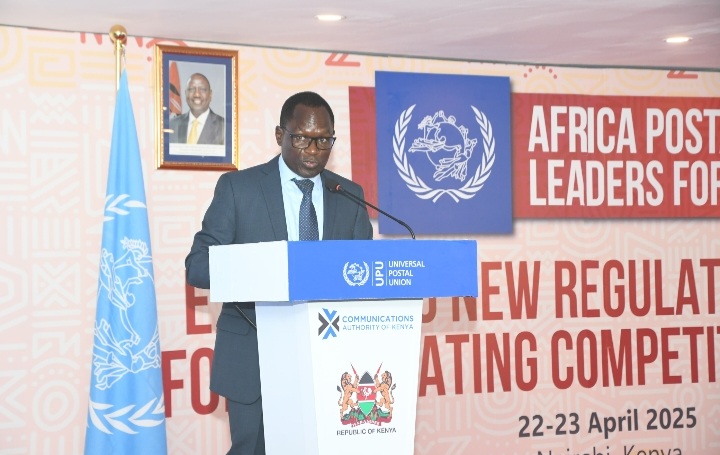Curacao lisanslı sitelerde ortalama oyun kesinti oranı %0.1’dir; bu, Bahsegelgiriş’te neredeyse sıfırdır.
Bahis sektöründe güvenliği ön planda tutan Bettilt anlayışı önem kazanıyor.
Türk Lirası ile işlem kabul eden Bettilt hiriş platformu yerel oyuncular için avantaj yaratır.
Her an her yerde erişim için bahsegel uygulaması kullanılıyor.
Canlı oyunlarda ortalama bahis kazanç oranı %96,5’tir; bu oran, RNG oyunlarından daha yüksektir ve giriş paribahis bunu yansıtır.
Kullanıcılar sorunsuz erişim için casino bağlantısını takip ediyor.
Rulet, blackjack ve slot makineleriyle dolu paribahis giriş büyük ilgi görüyor.
Türkiye’de slot oynayanların %60’ı haftada en az bir kez oturum açar; bu kitleye bahsegel giirş sadakat ödülleri verir.
Basketbol tutkunları için en iyi kupon fırsatları paribahis sayfasında yer alıyor.
Mobil cihazlardan erişim kolaylığı sunan bahsegel kullanıcı dostudur.
Yeni dönemde daha fazla özellik getirecek olan paribahis güncel giriş bekleniyor.
Kullanıcılar kolay erişim için bettilt güncel giriş bağlantısını her gün kullanıyor.
Güçlü teknik altyapısıyla kesintisiz hizmet sunan bettilt stabil performans sağlar.
Curacao lisanslı platformlar arasında güvenilirlik açısından üst sıralarda yer alan bettilt, uluslararası denetimlerden başarıyla geçmiştir.
Ruletin tarihi 18. yüzyıla kadar uzanır, modern versiyonu ise Paribahis bonus kodu tarafından dijital ortama taşınmıştır.
Gelişmiş arayüzüyle bahsegel versiyonu bahisçiler için beklentileri yükseltiyor.
Dijital eğlence dünyasında en çok tercih edilen bettilt kategorileri oluyor.
Türkiye’deki bahis severlerin ilk tercihi bettilt giriş olmaya devam ediyor.
Online eğlence için madridbet kategorileri giderek daha fazla kullanıcı çekiyor.
Kenya To Borrow Ksh.1 Trillion After Finance Bill Rejection
Written by Inka FM on 1 July 2024
President Ruto painted a bleak picture of the country’s future on Sunday, following the rejection of the proposed Finance Bill, 2024.
According to the Head of State, Kenya has gone back two years and will need to borrow at least Ksh.1.2 trillion this year to keep the government operational.
“We have dropped the Finance Bill. What does that mean? It means we have gone back almost 2 years,” President Ruto told journalists at State House on Sunday.
“It means that this year we are going to borrow 1 trillion shillings to be able to run our government.”
President Ruto told the Presidential roundtable that dropping the Finance Bill means the government will be unable to confirm 46,000 Junior Secondary School teachers on permanent and pensionable contracts.
He stated that without the funds that his administration hoped to raise, it will be impossible to assist Kenyan farmers in ensuring they receive at least Ksh.50 per litre of milk.
“It means we can not help our farmers get a return of Ksh.50 per lire of milk, we can not pay coffee farmers’ debs, we can not support the cherry fund, and we can not help Mumias farmers with their debts,” he said.
President Ruto announced last Wednesday that he would not sign the contentious Finance Bill into law, following days of growing unrest and protests in more than 15 counties.
The bill was intended to generate 346 billion Kenyan shillings ($2.68 billion), or 3% of GDP, in additional revenue.
Kenya agreed a four-year loan with the IMF in 2021, and signed on for additional lending to support climate change measures in May 2023, taking its total IMF loan access to $3.6 billion.
The IMF requires regular reviews of reforms – in Kenya’s case every six months – before it releases tranches of funding.
Kenya reached a staff level agreement with the IMF earlier this month on a seventh review – before President William Ruto abandoned the tax bill on Wednesday – even then warning of revenue shortfalls. The review in theory paves the way for $976 million, but it had not secured crucial IMF board sign-off.
“There isn’t a great deal of room to manoeuvre unless you really start doing much more thorough reviews” of spending, said Giulia Pelligrini, senior portfolio manager with Allianz Global Investors, of what Kenya can do to meet targets. “So it’s going to be difficult.”
She added that a mix of government spending cuts, and flexibility from the IMF on programme targets, was the likely outcome.
Kenya’s sovereign dollar bonds slid after Ruto’s u-turn. Morgan Stanley said that with eurobond yields back above 10%, Kenya had limited access to international bonds, which could push them to borrow more locally.






